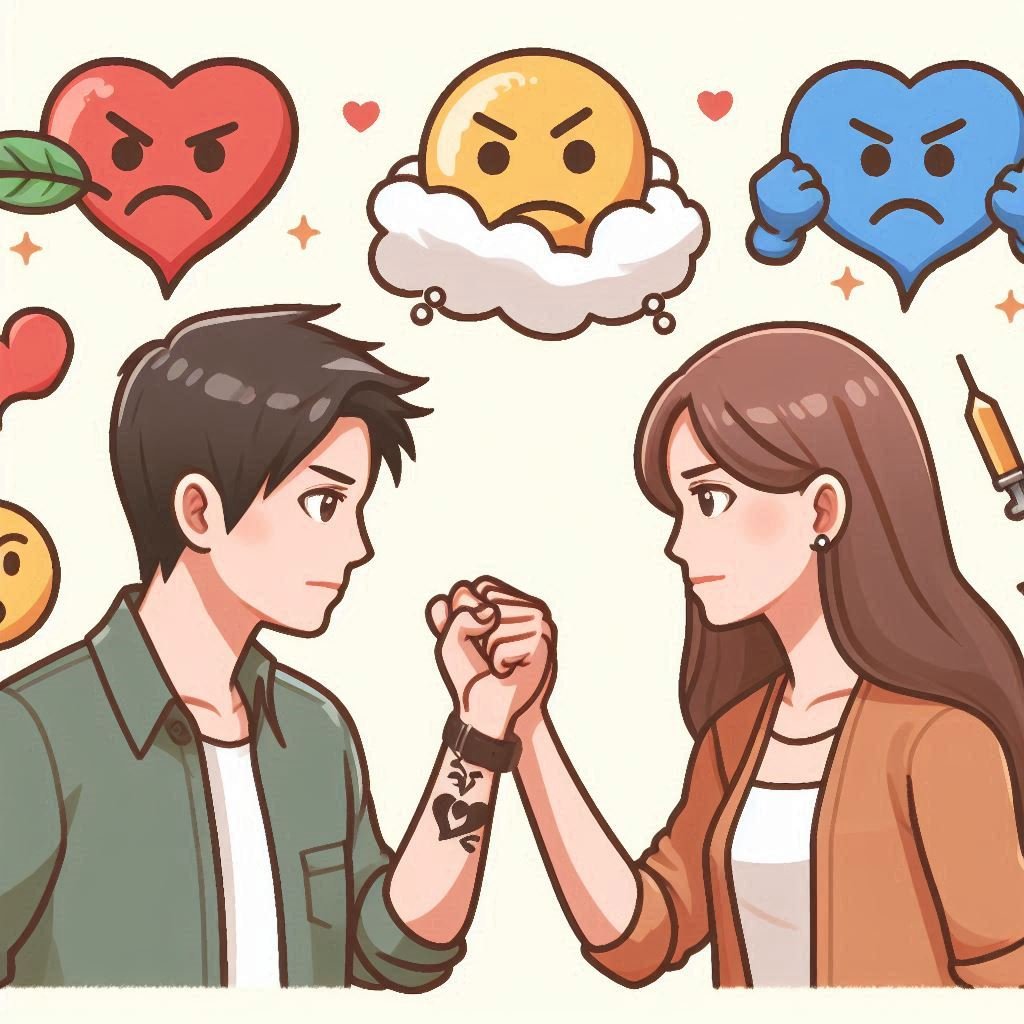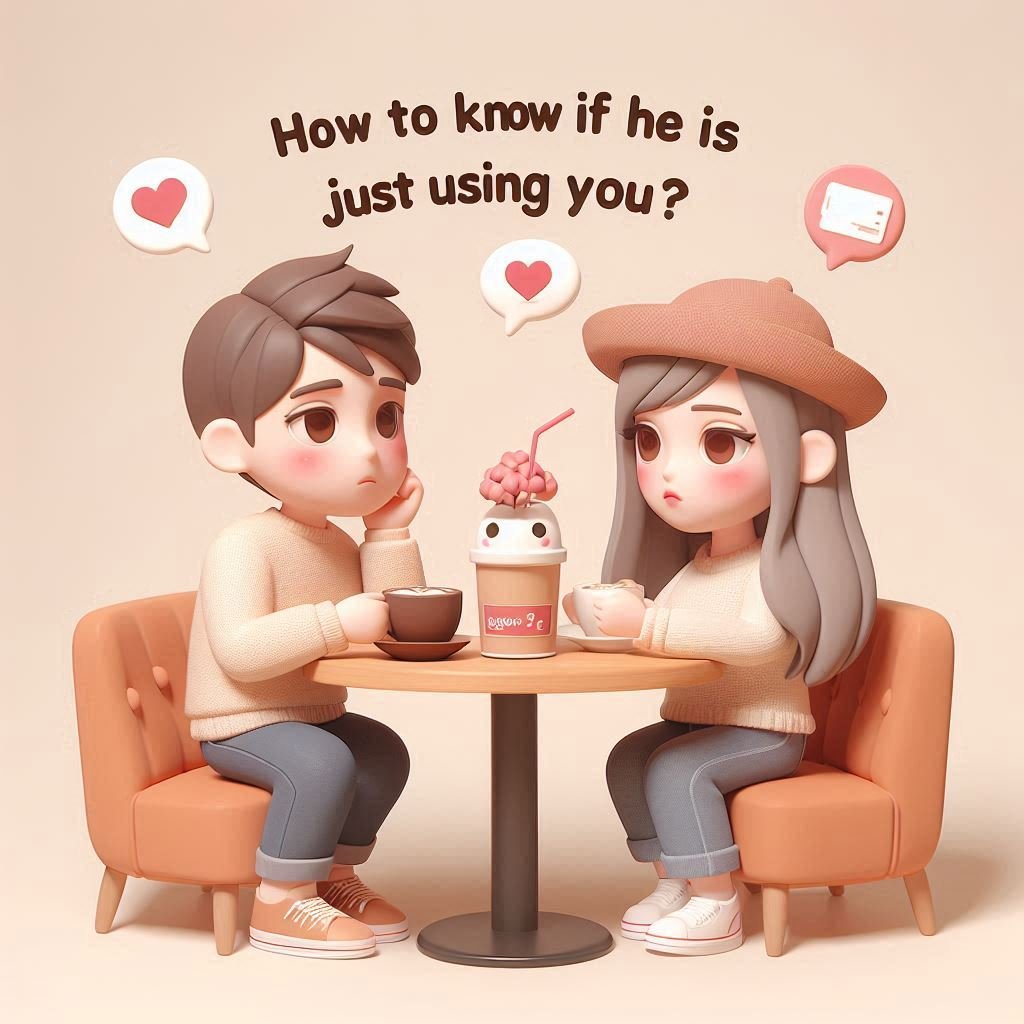Table of Contents – Wisher
How to tell if someone doesn’t care about you?
Recognizing when someone doesn’t truly care about you can be one of the most painful realizations, but it is essential for your well-being. A significant sign is their lack of effort and commitment. If they never prioritize your needs, avoid making meaningful commitments, or refuse to take the relationship to a deeper level, these actions show a clear disinterest in your connection. Genuine care requires effort and sacrifice, and without these, the relationship lacks the foundation needed to thrive.

Another red flag is emotional neglect and detachment. If your partner seems emotionally distant, indifferent to your feelings, and fails to provide affection, it’s likely they’re not invested. This emotional absence can feel like abandonment, especially when they disappear without explanation or offer little reassurance when you need it most. A loving partner will show empathy and presence, not detachment.
Disrespect and selfishness are even more damaging signs. If they insult or mock you, use you for personal gain without giving back, or constantly prioritize their own needs over yours, it becomes clear they are not acting from a place of love. Disrespect erodes the relationship, leaving you feeling unappreciated and used.

Poor communication and lack of interest often go hand-in-hand. If they consistently avoid discussing important feelings or thoughts and are distracted when you try to communicate, it reflects a growing emotional distance. Someone who truly cares will be attentive, engaged, and eager to understand your needs. A lack of communication leaves you feeling unheard and unvalued.
Finally, infidelity and boundary violations are some of the most hurtful signs. If they cheat or ignore the boundaries you’ve set, it shows they don’t respect you or the relationship. Trust is the cornerstone of any healthy connection, and when it’s repeatedly broken, it’s often a clear sign that they do not genuinely care for you.
Recognizing these signs is difficult but essential for your emotional health. It’s important to set boundaries and protect yourself from further emotional harm.
How do you know if your partner is not interested in you anymore?
Realizing that your partner may be losing interest can be a tough pill to swallow, but acknowledging the signs is crucial for understanding where your relationship stands. One of the clearest indicators is a lack of communication. If your partner becomes unresponsive, ignoring your texts or calls, or simply shows disinterest in conversations, it’s a sign that their engagement in the relationship is fading. Communication is the foundation of any healthy connection, and when it dwindles, it often means something is wrong.

Another telling sign is avoiding plans. If your partner consistently cancels dates or avoids making future plans, it suggests they may no longer prioritize spending time with you. When someone is truly invested in a relationship, they’ll find joy in creating memories together, and a sudden disinterest in this can be a red flag.
Decreased affection is another painful sign. If physical closeness like hugging or kissing becomes rare, or if your partner seems irritated by any kind of intimacy, it signals emotional distance. Physical touch is one of the ways partners stay connected, so when it diminishes, it reflects a possible loss of emotional investment.
If your partner seems indifferent to your life, like no longer asking about your day or taking interest in your hobbies, it may indicate that they no longer care as deeply. Someone who truly loves you will want to know how you’re feeling and be engaged in your experiences.
Finally, if your partner begins to show increased criticism or becomes emotionally detached, these are concerning signs. Instead of focusing on your strengths, they might start pointing out your flaws or showing a lack of emotional support. When love fades, negativity often rises to the surface.
Recognizing these signs can be heartbreaking, but it can also provide clarity. Having an open and honest conversation about your concerns is often the best next step to understanding whether your relationship can be saved or if it’s time to move forward.



